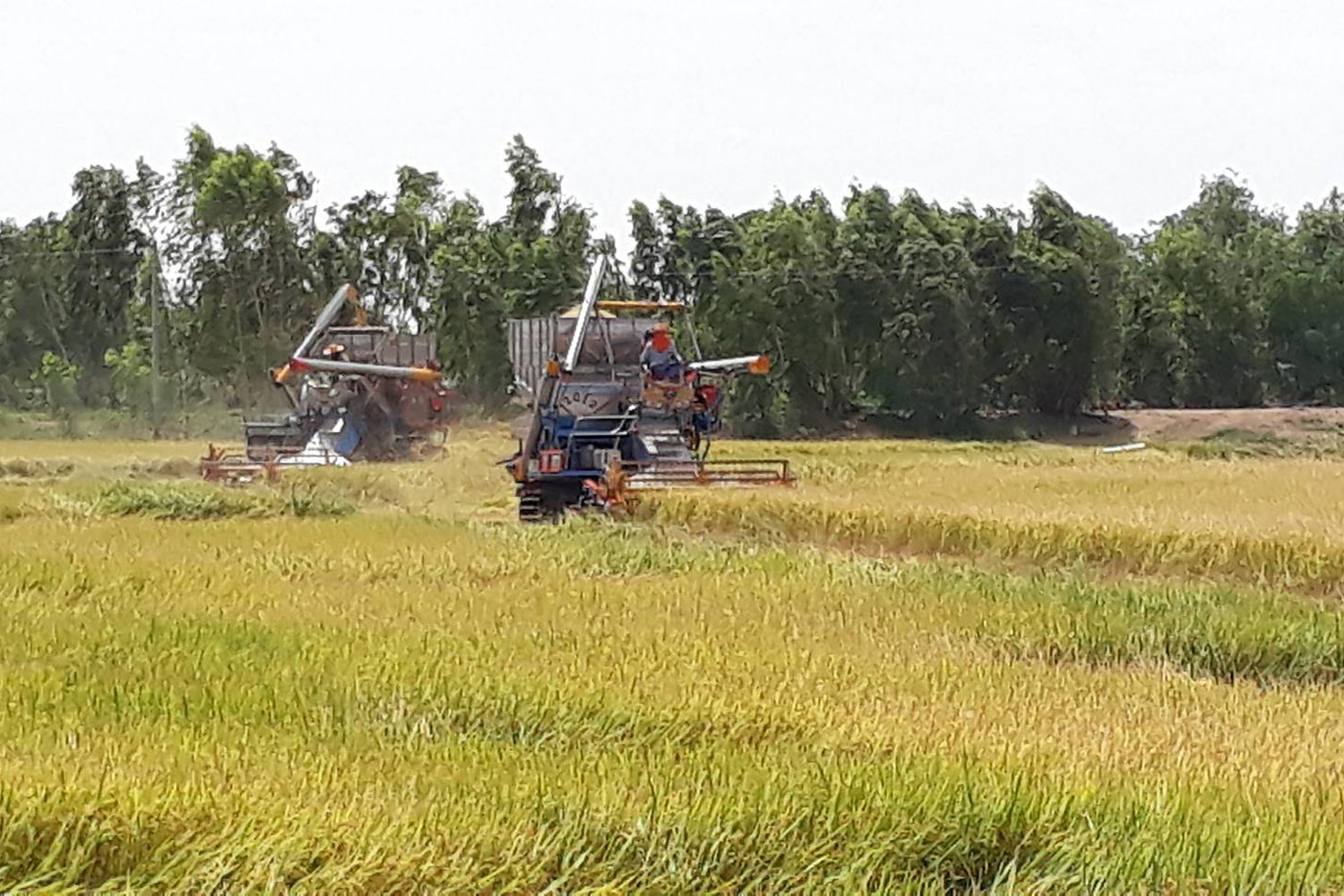
The debt burden from the rice pledging scheme during Yingluck Shinawatra's government has declined by more than half, says the Public Debt Management Office (PDMO).
The debt amount accumulated since year-end 2014 from the rice pledging scheme, one of the flagship populist policies of the ousted administration, is valued at 550 billion baht, said a PDMO source who requested anonymity.
Almost 10 years have passed since the scheme's emergence in 2011. The debt stands at 211 billion baht and will take around eight more years to be paid off.
The PDMO set a budget to 23 billion baht of the principal per year.
In total, the debt repayment period will cover 18 years starting from the first year of indebtedness, said the source.
The Bank for Agriculture and Agricultural Cooperative has shouldered the debt burden through borrowings, with the Finance Ministry as the loan guarantor.
The rice pledging scheme, running from 2011 to 2014, has become the largest rice market intervention programme in Thai history.
The government used money worth 985 billion baht to purchase 54.4 million tonnes of paddy.
Throughout the scheme, the price at which the government bought from farmers was unprecedentedly high, 50% more than the market price, and for the first time it bought unlimited amounts of rice. This meant the scale of the loss was massive, said Peeradej Tanruangporn, a researcher at the Thailand Development Research Institute.
There is debate over how much loss the scheme incurred per year, with calculations ranging 150-200 billion baht or even as high as 500 billion baht.
Rice pledging also decreased the competitiveness of Thai rice producers. One easy measure of competitiveness is market share, which Thailand lost a lot because the government failed to sell the rice.
The pledged price also resulted in a deterioration of rice stock and sub-standard rice quality. The government had to shoulder the cost of storing the huge surplus of rice.
According to the Finance Ministry, the closed accounts of the rice pledging scheme from 2004 to May 22, 2014 showed losses tallied at 682 billion baht for a total of 15 projects, with 84 million tonnes of paddy bought.
Of the amount, 518 billion baht was attributed to the Yingluck Shinawatra administration's rice pledging scheme.